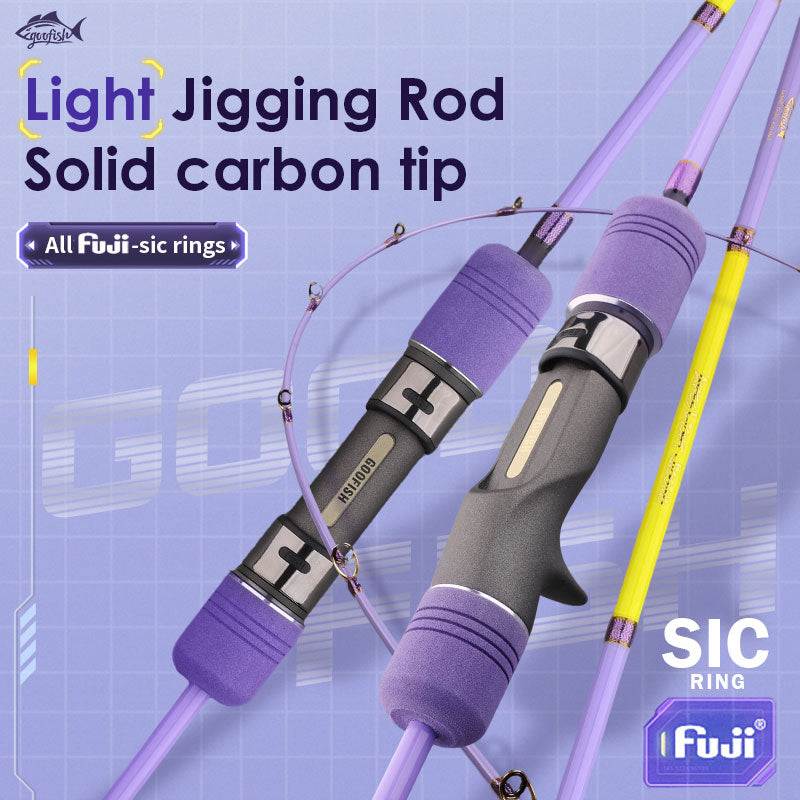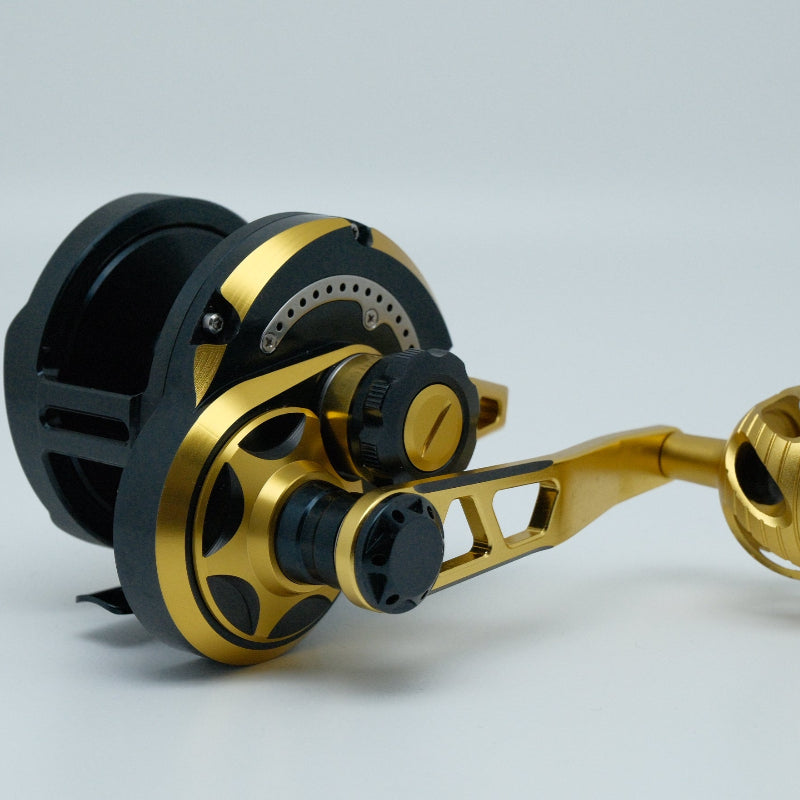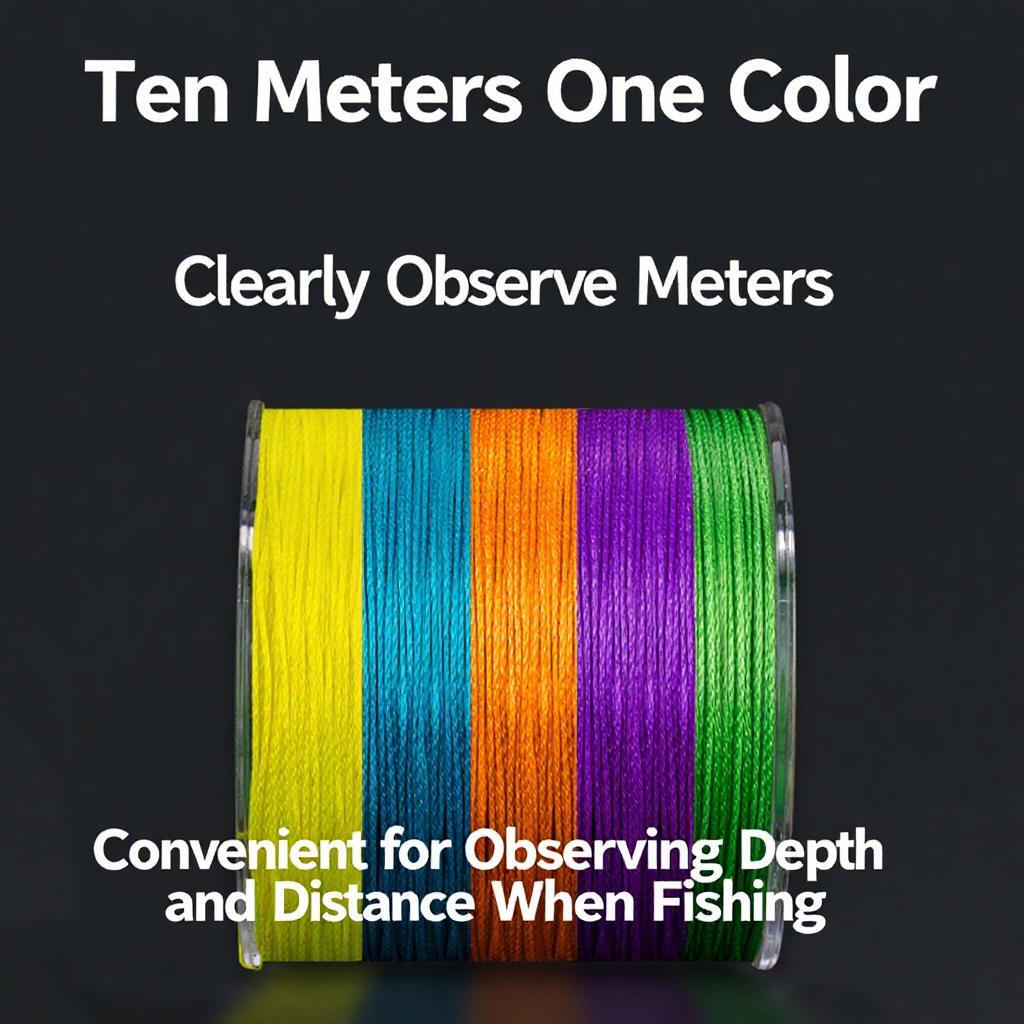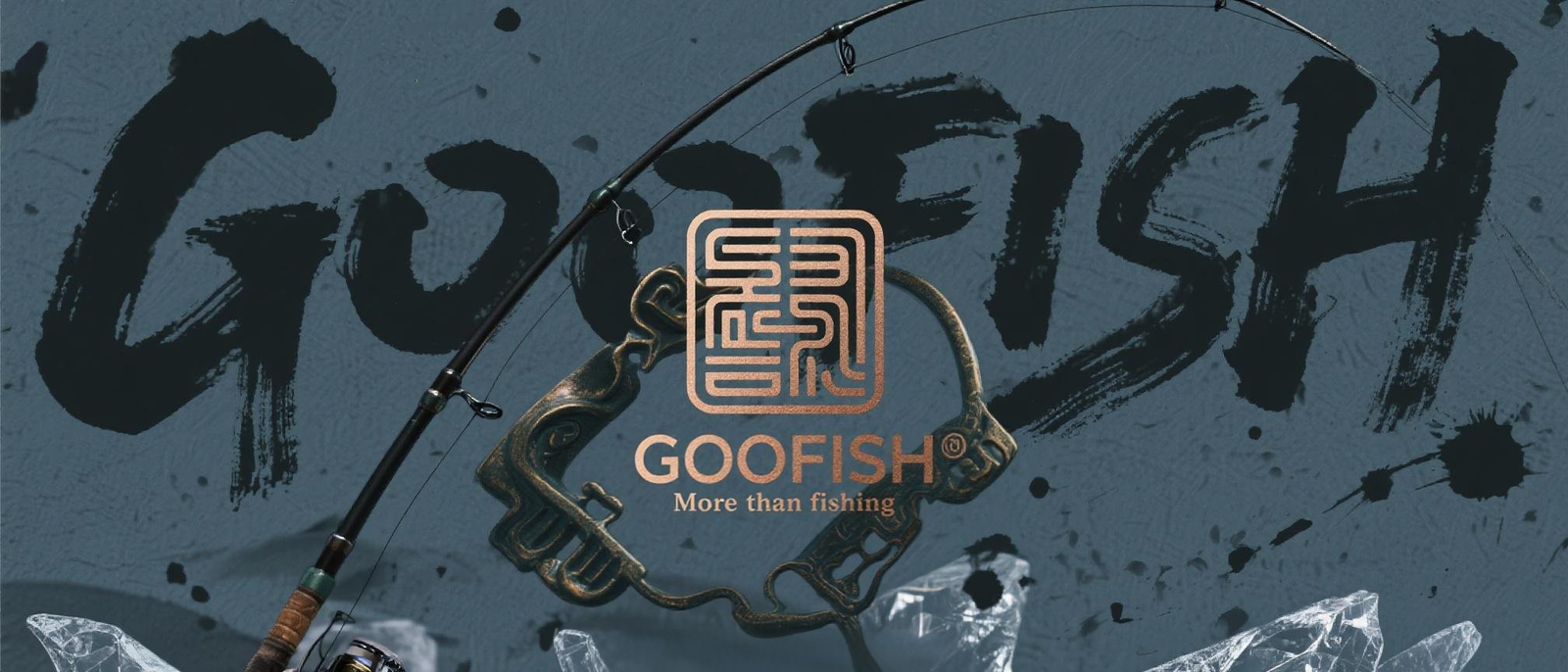Title: The Forgotten "Fish Whisperers": Indigenous Fishing Wisdom and the Modern Relevance of Sustainable Techniques
Meta Description: Discover how indigenous fishing wisdom, rooted in ecological harmony, aligns with modern sustainable practices—exploring the synergy between traditional "slow jigging" principles and contemporary tools like slow pitch jigs. Embrace a holistic approach to fisheries that honors both culture and conservation.
In the vast tapestry of global fisheries, few voices carry as much ancient wisdom as those of indigenous communities. For millennia, these "fish whisperers"—stewards of land and sea—have honed practices that balance sustenance with ecological integrity. Their methods, often dismissed as "primitive" by modern industrial standards, hold revolutionary lessons for today’s world, where overfishing and habitat degradation threaten marine biodiversity. At the heart of this wisdom lies a profound understanding of nature’s rhythms, mirrored in techniques that resonate surprisingly with modern innovations like slow pitch jigs and shore jigging—tools that, when used mindfully, can bridge tradition and sustainability.
The Indigenous Blueprint: Fishing as a Dialogue with Nature
Indigenous fishing cultures across the globe—from the Maori of Aotearoa to the Yurok of California—view fishing not as conquest, but as a reciprocal relationship. Their "ecological codes" are encoded in stories, rituals, and practices that prioritize selectivity and seasonality. For example, many tribes use handcrafted hooks or lures (conceptually akin to slow pitch jigs) designed to target specific species, avoiding bycatch and preserving breeding populations. Their "slow jigging" techniques—gentle, rhythmic movements mimicking prey—mirror the patience of nature itself, prioritizing efficiency over excess. These methods ensured thriving fisheries for generations, a stark contrast to today’s extractive industrial models that deplete stocks at unsustainable rates.
Modern Tools Meet Ancient Wisdom: The Rise of Sustainable Jigging
As the global community grapples with fisheries collapse, innovators are rediscovering the value of indigenous principles. Slow pitch jigs, once niche tools for deep-sea anglers, are now celebrated for their precision and low-impact design. Unlike aggressive trolling or trawling, slow pitch jigging uses weighted lures that descend slowly, attracting target fish without disrupting fragile ecosystems. This mirrors the "shore jigging" practices of coastal communities—who historically used hand-thrown jigs from shorelines to target nearshore species sustainably. Today’s shore jigging rods and gear evolve from these roots, engineered for sensitivity and control, allowing anglers to release undersized fish gently and avoid sensitive habitats.
Why Indigenous Wisdom Matters for Modern Fisheries
The resurgence of interest in slow pitch jigging and shore jigging isn’t just about better fishing; it’s about reclaiming a relationship with the ocean rooted in respect. Indigenous cultures taught us that true abundance comes from humility—working with nature, not against it. By integrating traditional ecological knowledge (TEK) with modern tools, we can:
- Target Specific Species: Like indigenous hooks designed for select fish, slow pitch jigs allow anglers to focus on desired catches, reducing waste.
- Protect Breeding Grounds: Just as tribes designated "no-take zones" during spawning seasons, shore jigging from beaches avoids disrupting offshore ecosystems.
- Foster Community Stewardship: When modern anglers adopt indigenous-inspired practices, they become advocates for conservation, bridging gaps between indigenous communities and global fisheries management.
A Call to Action: Honoring the "Fish Whisperers"
As we navigate the Anthropocene, the forgotten wisdom of indigenous fishing cultures offers a roadmap to recovery. It starts with valuing their ecological codes—not as relics of the past, but as living principles for the future. For anglers and conservationists alike, this means:
- Investing in Sustainable Gear: Choose slow pitch jigs for sale from eco-conscious brands that prioritize non-toxic materials and minimal bycatch.
- Sharing Stories: Amplify indigenous voices in fisheries policy, ensuring their knowledge is integrated into global conservation efforts.
- Practicing Mindfulness: Apply "slow jigging" principles to your own fishing—move slowly, observe closely, and always leave more than you take.
In the end, the term "fish whisperer" isn’t just a romantic metaphor; it’s a call to action. Indigenous cultures proved that harmony with the sea is possible—through respect, precision, and a deep understanding of life beneath the waves. As we embrace modern tools like slow pitch jigs and shore jigging rods, let’s not forget the ancient lessons: the ocean thrives when we listen, not when we dominate. Together, we can build a future where fisheries are managed not for maximum profit, but for maximum resilience—with indigenous wisdom leading the way.
Related Links:
- Indigenous Fishing Practices Around the World
- How to Choose Sustainable Jigging Gear
- The Science of Slow Pitch Jigging: Efficiency Meets Ecology
By weaving together tradition and innovation, we honor the "fish whisperers" of the past—and secure a healthy ocean for generations to come. 🌊✨











Leave a comment